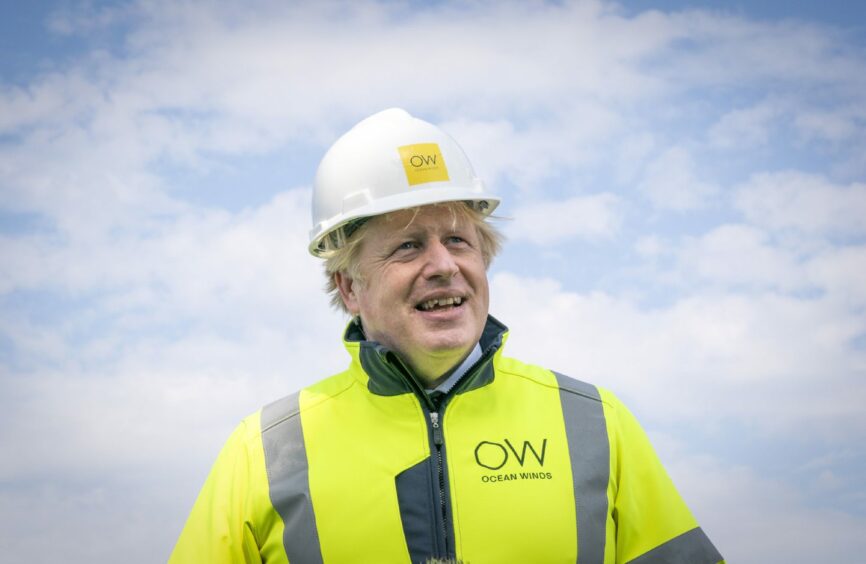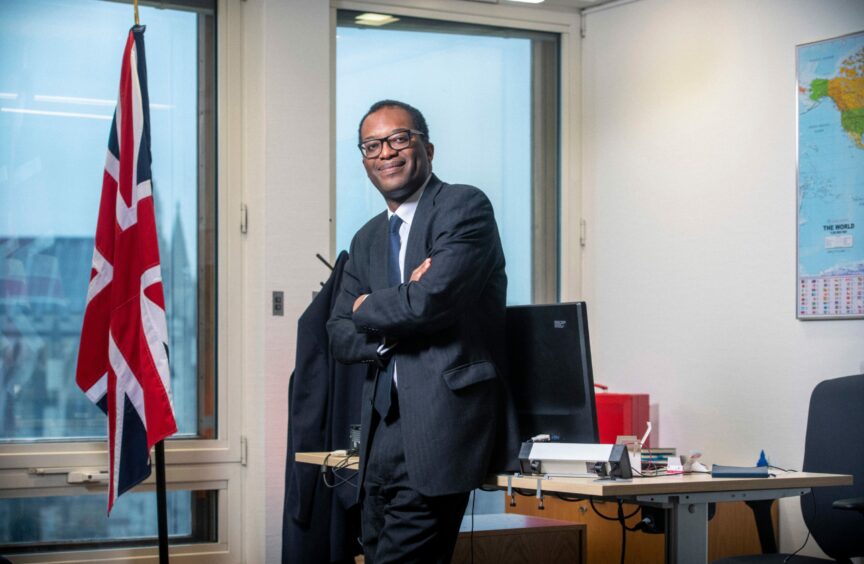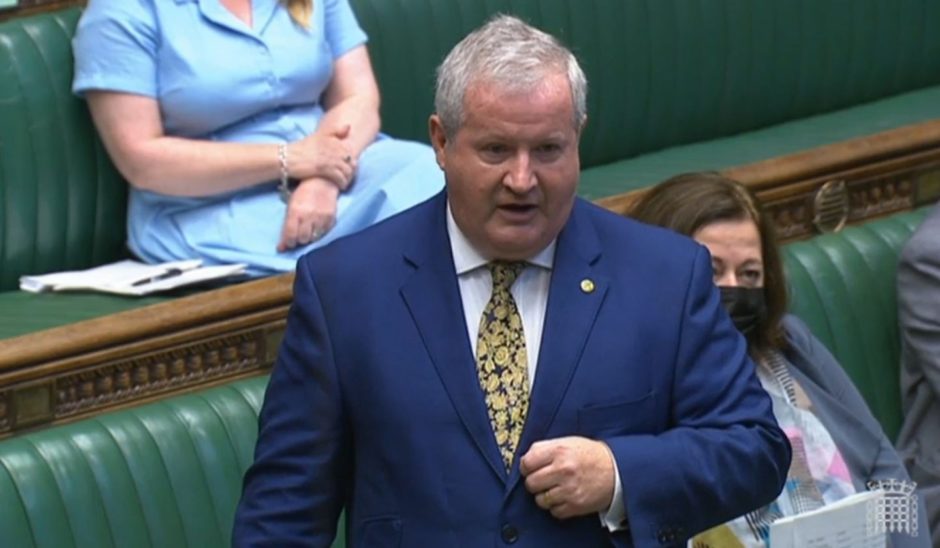Consumers have been told not to worry about “the lights going out” this winter amid concerns the UK Government’s price cap could see energy bills soar when it is reviewed next year.
With gas prices at record highs, energy firms are reportedly losing “a lot of money” due to the cap, which is in place to stop instant bill increases for customers, and industry regulator Ofgem warned households will see further “significant rises” next spring.
Speaking on the BBC’s Andrew Marr Show on Sunday morning, Ovo chief executive Stephen Fitzpatrick said people should not be concerned about power shortages.
“The one thing I want to reassure everybody on, in terms of consumers, there’s really nothing consumers need to worry about in terms of lights going out this winter or there not being enough power,” he said.
“Because of the price cap they are protected from the worst of all of this.”
Mr Fitzpatrick said gas prices have soared by 1,000% in 12 months and that many firms will face a “hard time”.
Out of office
Business Secretary Kwasi Kwarteng sought to defend the government’s handling of the crisis during a round of media appearances on Sunday.
But he was also forced to defend Boris Johnson, who has been under fire for reportedly flying to Marbella to holiday in a private villa on the Costa del Sol as the Government battles to stem a cost of living crisis and the fallout from spiralling gas prices.
Mr Kwarteng said he remains in “regular WhatsApp contact” with the prime minister, who he noted has recently lost his mother.
He said keeping the price cap, which sets the maximum level a supplier can charge a consumer and is review every six months, is “non-negotiable” but would not say how pressure on businesses might be eased.
Safety net
Writing in the Sunday Express, Mr Kwartney talked about “the safety net that we have in place to shield consumers from instant price hikes this Christmas, and ensure everyone gets the supply they need”.
“Despite some pushing me to lift the cap, I am absolutely clear it is here to stay and will remain at the same level throughout winter,” he wrote.
“Keeping this protection in place is non-negotiable for me.”
Speaking later to Sky News’ Trevor Phillips on Sunday, Mr Kwarteng did not rule out a price cap for businesses as he denied reports his department asked for “billions” from the Treasury to subsidise energy intensive industries.
Appearing on the BBC’s The Andrew Marr Show, he reiterated that he has been “very clear we’re not going to bail out failing energy suppliers”.
SNP Westminster leader Ian Blackford likened the comments on supporting struggling firms to the policies of Margaret Thatcher as he called on the Government to “nurse” businesses through the crisis.
The SNP MP warned that not providing support for firms as wholesale energy prices rise will affect everyone.
We will all pay the price
Speaking on BBC Scotland’s The Sunday Show, Mr Blackford said: “Government has to recognise it has a responsibility to nurse businesses through this, to provide short-term support.
“If we end up in a situation, for example, where steel production stops in west central Scotland that helps nobody.
“So we’ve got to make sure that companies have got the assistance they need in the short term while we get through this.
“If not, we’re all going to pay a price because we’re going to end up with higher unemployment, we’re going to end up with supply constraints; we’re ending up in a situation, by the way – and the real worry I have out of this – is that inflation is now increasing.
“The Bank of England and the Government have been slow to react to this; we’re now seeing wage inflation – in fact the prime minister is encouraging wage inflation.
“That runs the risk that we end up with higher inflation for longer and the consequences of all of that. It is a serious problem.”
Asked if the Scottish Government will provide support for businesses if the UK Government does not, the SNP MP said energy policy is reserved to Westminster but the Scottish Government will do all it can.
Questioned whether the Cambo oil and gas field off Shetland should be developed, Mr Blackford did not answer directly but said the Scottish Government has taken the correct decision in asking for the licensing decision to be reassessed.
He added: “Let’s drive down demand so we don’t need fossil fuels. Until we get to that point, it would make more sense for us to use our domestic resource rather than importing.”
Holiday headaches
Holidays have at various times caused difficulties for Mr Johnson’s government.
Dominic Raab was demoted from his role as foreign secretary after criticism for staying on vacation in Crete while the Taliban marched back to power in Afghanistan.
The prime minister himself endured months of scrutiny after a trip to the Caribbean island of Mustique in 2019.
He was ultimately cleared of breaking the MPs’ code of conduct after an investigation into whether he adequately registered £15,000 worth of accommodation paid for by a Tory donor.



